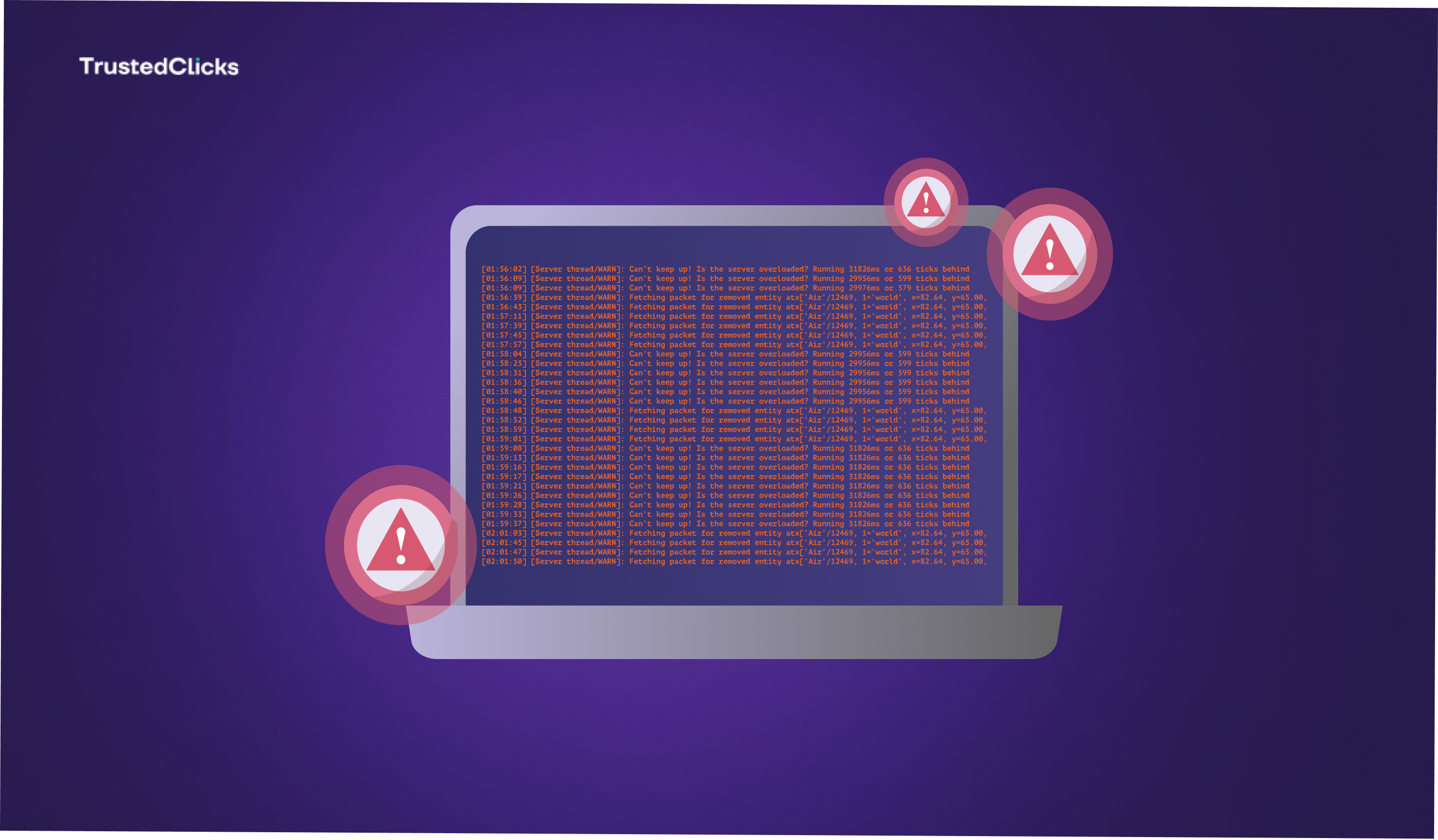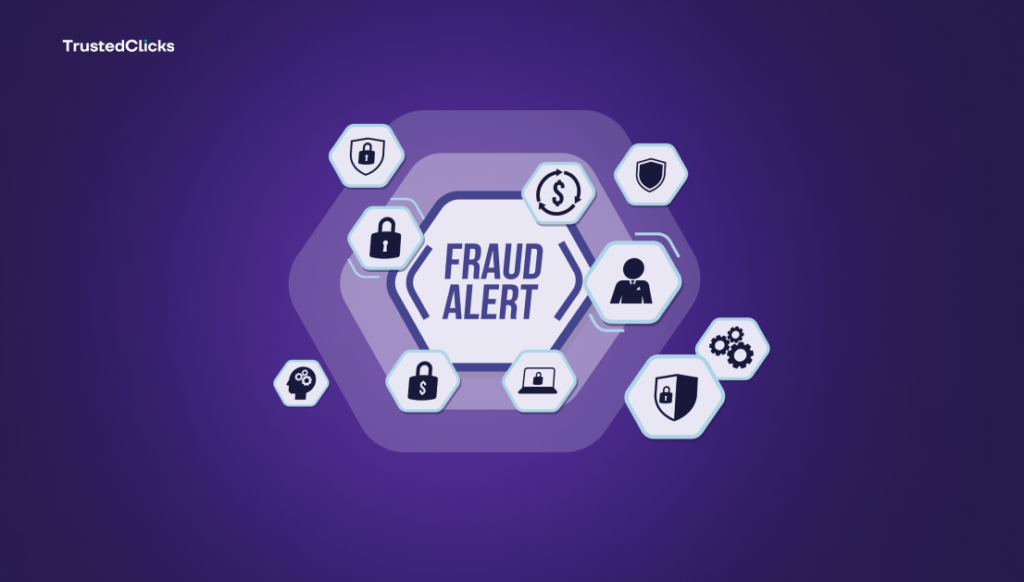- E-Commerce Security
Understanding IP Reputation: What It Is and Why It Matters


In the digital age, the term “IP reputation” has become increasingly significant. For businesses and individuals navigating the online world, understanding what IP reputation is and why it matters is essential to maintaining security, ensuring deliverability, and building trust. Let’s explore the concept and its implications.
What Is IP Reputation?
IP reputation refers to the perceived trustworthiness of an IP address based on its past online behavior. It’s a score or evaluation that various systems and organizations use to determine whether an IP address can be trusted. Factors influencing IP reputation include:
Spam Activity: High volumes of spam emails sent from an IP can lower its reputation.
Hacking Attempts: IPs linked to malicious activities like phishing or Distributed Denial of Service (DDoS) attacks are flagged.
Content Quality: Hosting inappropriate or harmful content can degrade IP reputation.
Blacklisting: IPs listed on public or private blacklists suffer significant reputational harm.
Why Does IP Reputation Matter?
The reputation of an IP address affects multiple aspects of online interactions. Here are key reasons why it matters:
1. Email Deliverability
For businesses relying on email marketing or communication, IP reputation directly impacts deliverability rates. Emails sent from an IP with poor reputation are often marked as spam or blocked by recipient servers.
2. Network Security
A poor IP reputation may signal vulnerabilities or association with malicious activities. Organizations using compromised IPs can face breaches, data loss, and significant downtime.
3. Search Engine Rankings
Websites hosted on IPs with bad reputations may experience lower search engine rankings. Search engines aim to protect users from unsafe sites, so association with a questionable IP can hurt visibility.
4. Business Trust and Credibility
Clients and partners are less likely to trust businesses associated with a flagged IP. This can lead to a loss of potential opportunities and damage to brand reputation
How to Monitor and Improve IP Reputation
Maintaining a good IP reputation requires proactive measures. Here’s how:
Monitor Your IP
Regularly check your IP status using tools like MXToolBox, Spamhaus, or Google Postmaster Tools. These platforms can provide insights into blacklisting and reputation scores.
Secure Your Systems
Implement robust cybersecurity measures to prevent unauthorized use of your IP. This includes firewalls, antivirus software, and regular updates.
Practice Good Email Hygiene
Use double opt-in processes to ensure recipients consent to receive emails.
Avoid sending bulk emails to unverified addresses.
Remove inactive or invalid contacts from your mailing lists.
Address Blacklisting Issues
If your IP ends up on a blacklist, investigate the cause and resolve the issue promptly. Contact the blacklist provider to request delisting after fixing the problem.
Partner with Reputable Hosting Providers
Shared hosting environments can expose your website to risks if other users on the server engage in malicious activities. Choose providers with strong policies to safeguard IP reputation.
Conclusion
IP reputation is a cornerstone of online trust and functionality. Whether you’re running a business, managing a website, or simply navigating the internet, safeguarding your IP’s reputation is vital. By understanding the factors that influence it and taking proactive steps to monitor and improve it, you can ensure smooth operations, secure communications, and a strong online presence.
Table of Contents
Join our community!
Subscribe to our newsletter for the latest updates, exclusive content, and more. Don’t miss out—sign up today!
Recent Posts

Malicious IPs on the Loose: How to Spot and Stop Them in Their Tracks
- 8 mins read

The Role of IP Addresses in Fraud Detection
- 2 mins read

Maximizing IP Risk Scoring to Enhance Your Ad Campaigns and Boost ROI
- 5 mins read



